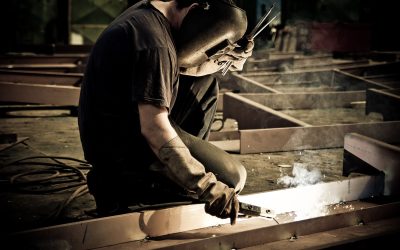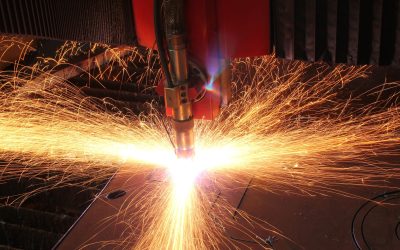In the world of precision engineering, the right fabrication method can be the difference between good and remarkable products. For industries ranging from medical devices to automotive parts, laser welding has emerged as a game changer, offering unparalleled precision and efficiency. But when should your business consider leveraging laser welding services, and how can partnerships with these specialized vendors translate to enhanced productivity?
This comprehensive post navigates the intricacies of laser welding and provides a roadmap for successful partnerships in this niche industry.
When to Consider Partnership with Laser Welding Services
The decision to forge a partnership with a laser welding service provider, such as Micro Weld, hinges on several key indications. Understanding these markers can help businesses determine when it’s the right time to take the leap into a laser welding collaboration.
Improved Efficiency in Manufacturing Processes
One of the most common triggers for seeking a partnership with laser welding services is the need to boost overall manufacturing efficiency. Laser welding, with its quick setup and high welding speeds, can dramatically reduce cycle times, thereby streamlining the production process. This is particularly beneficial for large-volume manufacturing operations where even slight improvements in efficiency can lead to significant cost savings.
Complex Project Requirements
Conventional welding techniques often struggle to meet the demands of intricate designs and complex project specifications. In contrast, laser welding excels in creating welds in hard-to-reach areas, thin-walled components, and components with a high aspect ratio, making it the ideal choice for projects with complex geometries.
Cost-Effective Solutions
Despite initial perceptions of high technology costs, laser welding can offer long-term cost benefits. While the setup and maintenance of laser welding equipment can require significant investment, the precision and reduced material waste associated with this technique can lead to cost savings over the project lifecycle. In addition, the elimination of consumables such as filler materials further contributes to cost efficiency.
Quality Assurance and Precision
For industries where structural integrity and quality control are of utmost importance, such as medical laser welding and aerospace, laser welding’s non-contact nature and accuracy are indispensable. The technology also supports consistent output, which is crucial for meeting stringent industry standards and regulatory requirements.
Meeting Tight Deadlines
In a competitive market where time-to-market is critical, the speed at which laser welding can operate becomes a key advantage. By withstanding high welding speeds, laser welding services can help companies meet tight project deadlines without compromising on quality.


